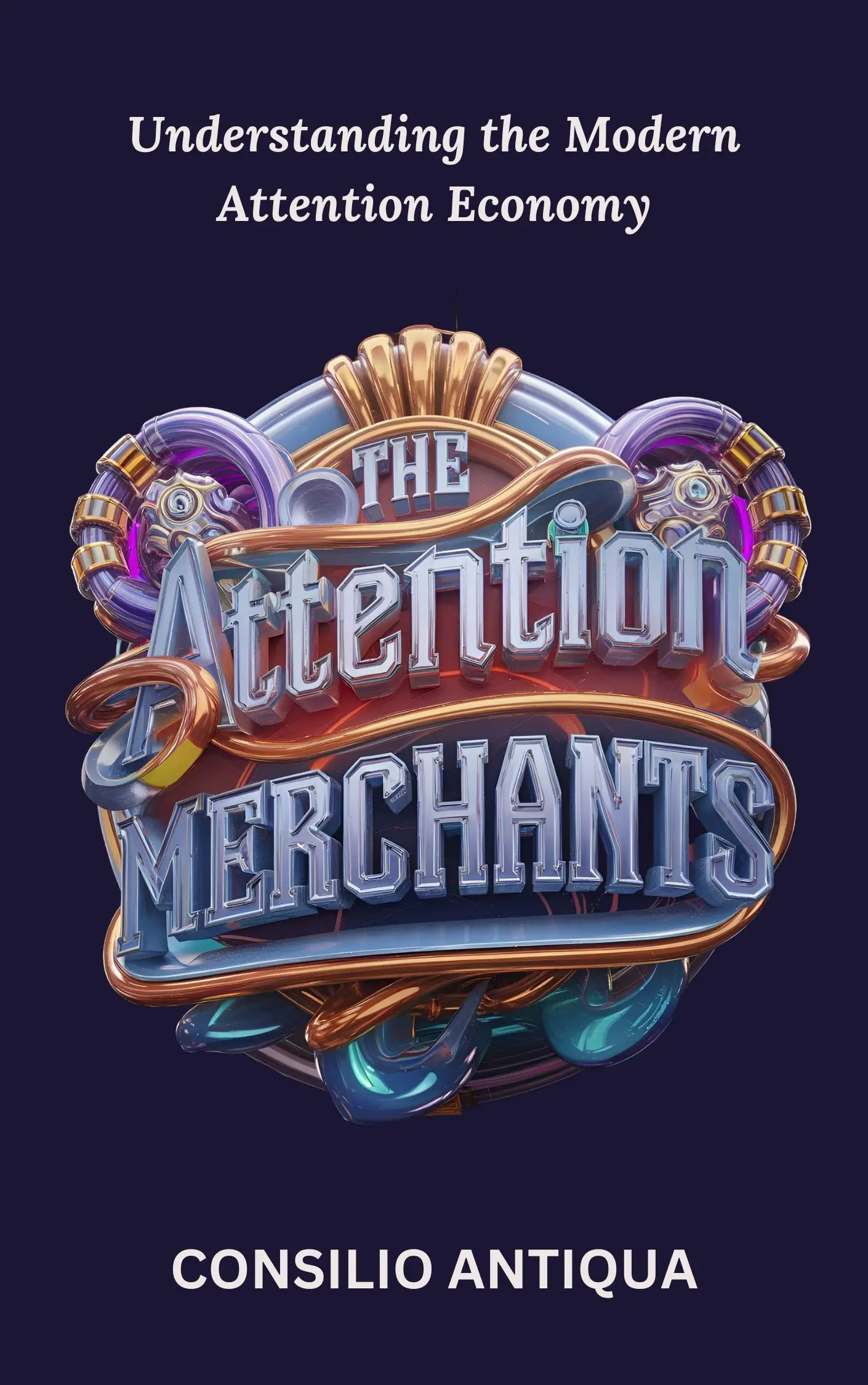
The Attention Merchants | Chapter 14. The Future of Advertising in the Attention Economy
Chapter 14. The Future of Advertising in the Attention Economy
Remember when you first downloaded that addictive mobile game? Maybe it was a colorful puzzle or a fast-paced strategy challenge. You told yourself you'd just play for a few minutes, but suddenly, hours had vanished. The game's creators weren't just brilliant designers; they were masters of the attention economy, understanding exactly how to hook your focus and keep you coming back for more. That's the new battleground for advertising – not just billboards or TV screens, but the very fabric of our digital lives.
Think back to the days when a catchy jingle on a television commercial could make a product a household name. Advertising was a broadcast affair, a one-size-fits-all message blasted out to the masses. Now, the game has changed. Instead of competing for space on a limited number of channels, companies are vying for attention in the vast, ever-expanding digital landscape. Your smartphone, your laptop, your tablet – they've all become prime real estate in the attention economy.
This shift has given rise to entirely new advertising models. Take influencer marketing, for instance. Maria, a college student with a passion for fashion, starts a style blog and gains a devoted following on Instagram. Clothing brands recognize her influence and send her free clothes, hoping she'll feature them in her posts. Maria's followers, trusting her recommendations, are more likely to buy the products she showcases. It's a win-win: Maria gets free clothes and builds her brand, the company gets exposure to a targeted audience, and her followers discover new styles they might love.
But the real game-changer in the attention economy is data. Every click, every scroll, every like you make online leaves a digital footprint. Companies are using sophisticated algorithms to track your online behavior, building a detailed profile of your interests, preferences, and even your anxieties. This data allows them to deliver personalized ads that are incredibly effective at grabbing your attention. Imagine you're browsing for a new pair of running shoes online. Suddenly, ads for running shoes start popping up everywhere you go – on social media, in your email inbox, even on news websites. It's no coincidence; it's the power of data-driven advertising at work.
This level of personalization can be incredibly powerful, but it also raises serious ethical concerns. Are we comfortable with companies having this much information about us? Are we being manipulated into buying things we don't need? The line between helpful personalization and intrusive surveillance can be blurry. David, a graphic designer, noticed that after he searched for information about anxiety online, he started seeing ads for meditation apps and therapy services everywhere. While he appreciated the potential helpfulness, he also felt a sense of unease about his private struggles being tracked and targeted.
Looking ahead, the future of advertising in the attention economy is likely to be even more intertwined with technology. Artificial intelligence is already being used to create more effective and personalized ads. Imagine an AI that can analyze your social media posts, your browsing history, and even your facial expressions to predict what products you're most likely to buy. It sounds like science fiction, but it's closer than you might think. And with the rise of immersive technologies like virtual and augmented reality, advertising could become even more integrated into our daily lives. Picture walking down the street and seeing virtual billboards tailored to your interests, or trying on clothes virtually in your own living room.
So, how do we navigate this complex and ever-evolving landscape? The first step is awareness. Recognize that your attention is a valuable commodity and that companies are constantly vying for it. Be mindful of the tactics they use to capture your focus, from catchy headlines to personalized recommendations. Take control of your digital environment by using ad blockers, limiting your screen time, and being selective about the information you consume. Remember, your attention is your most valuable resource – don't let it be taken for granted.
